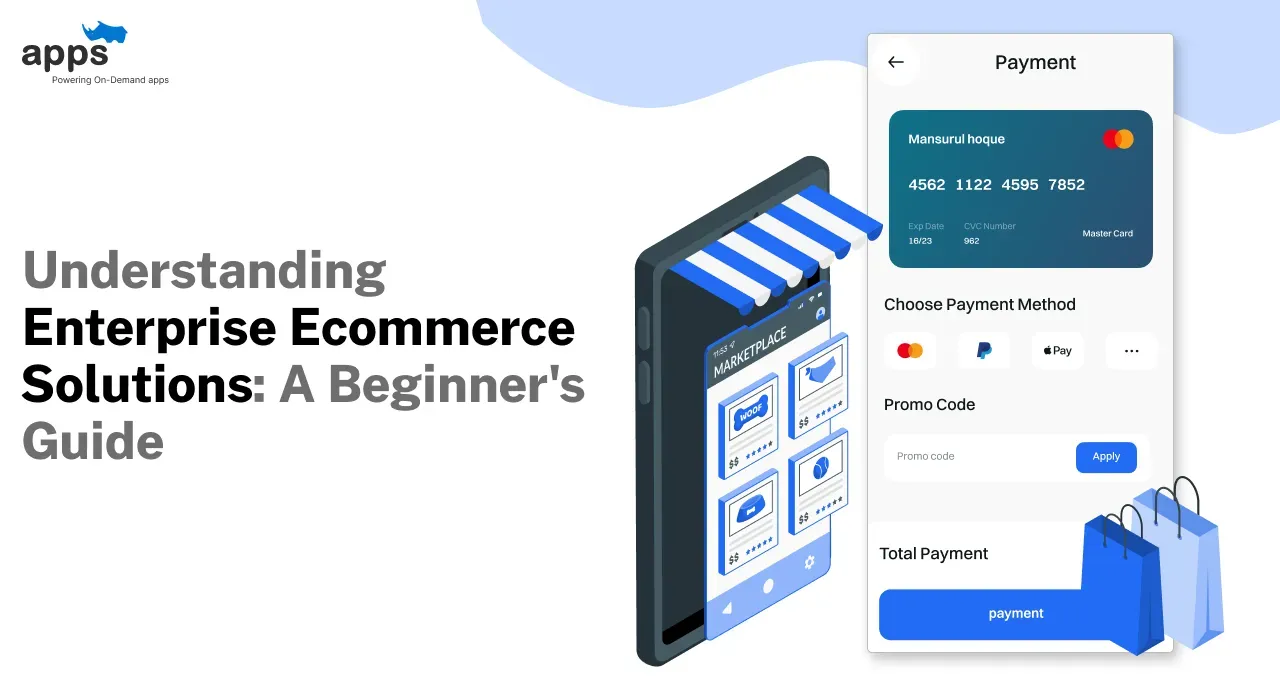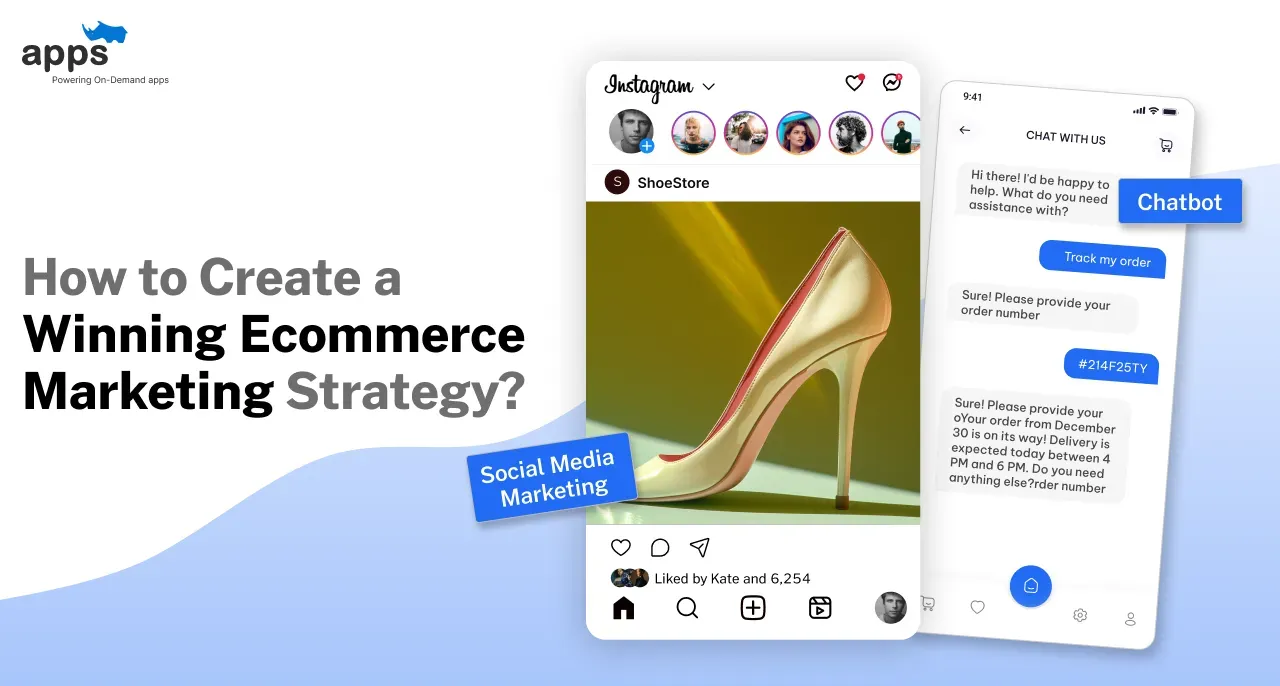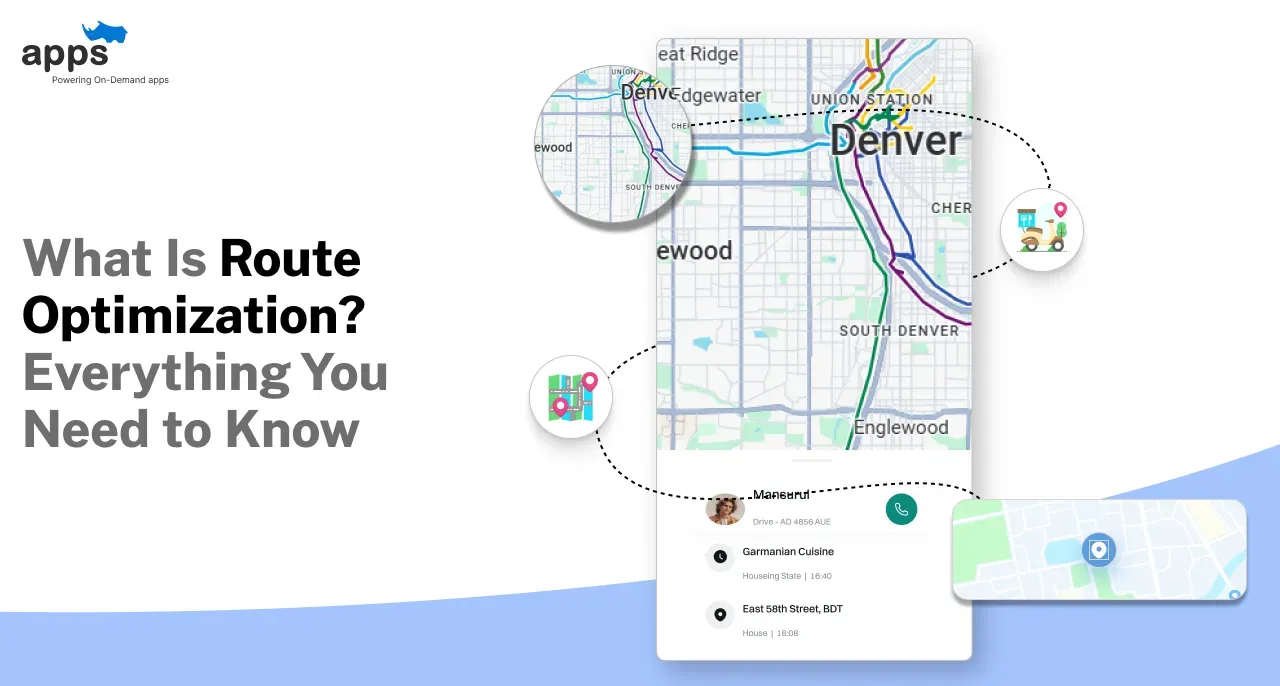- Introduction
- E-commerce Landscape and the Rise of Chatbots
- The E-commerce Chatbot
- Empowering Your Business with E-commerce Chatbots
- Real-World Examples of E-commerce Chatbots in Action
- The Future of E-commerce Chatbots: Trends and Developments
- Conclusion
- Frequently Asked Questions (FAQs)
Table of Contents
What is Ecommerce Chatbot? Understanding with Examples

Introduction
8 seconds attention spans are a proven myth now. But that shouldn’t deter your from attending to your customers’s needs in the shortest time using an eCommerce AI chatbot.
Just like when you chat with a person who replies fast, the similar experience customers seeks when they reach out to you. It should be instant, helpful, and empathetic 24x7.
For a human to complete such unrealistic expectations is next to impossible. We are limited by time & biology. Business employing human agents face the same conundrum.
E-commerce chatbots or virtual agents are the solution you need. Unlike humans, chatbots for e-commerce are designed to use machine learning and AI technologies to simulate human conversations using voice and text commands.
Integrating AI chatbots in your business allows you to easily employ them with your customers to get information, make inquiries, and suggest products based on those queries.
From providing personalized service to recommending products and even processing payments, an e-commerce chatbot can do wonders for your online business and drive sales.
In this article, we will learn more about these e-Commere chatbot use cases and capabilities.
E-commerce Landscape and the Rise of Chatbots
The e-commerce industry has witnessed a transformative shift in recent years, with technological advancements reshaping how businesses interact with customers.
As online shopping thrives, so does the demand for seamless and personalized customer experiences. This evolving customer journey has led to integrating chatbots for e-commerce as a pivotal tool for e-commerce websites and apps.
The Evolving Customer Journey
The traditional path to purchase has evolved into a complex network of touchpoints across various devices and platforms.
Using an e-commerce chatbot, customers can now expect instant responses, personalized recommendations, and round-the-clock support throughout their shopping journey.
Need for 24/7 Support and Engagement
With the global and convenient nature of the e-commerce sector, providing 24/7 support has become essential to cater to customers from different time zones.
Chatbots for e-commerce offer the perfect solution, enabling businesses to engage with users anytime, answer queries promptly, and guide them through their purchase decisions.
The E-commerce Chatbot
E-commerce chatbots can simulate human-like conversations and automate customer interactions.
It is a game-changer. In the dynamic world of online shopping and e-commerce, staying ahead of the competition requires businesses to leverage these emerging technologies.

Definition and Core Functionalities
An e-commerce chatbot is an AI-powered virtual assistant designed to simulate human-like conversations with online shoppers. These e-commerce AI chatbots utilize natural language processing (NLP) and machine learning algorithms to effectively understand and respond to customer queries.
Different Types of E-commerce Chatbots
AI chatbots can be of different types. And to have a good understanding, let us learn about them in detail.
Rule-Based Chatbots
Rule-based chatbots for e-commerce operate on predefined rules and workflows, providing scripted responses based on keyword matching. While they are more straightforward to implement, their interactions are limited to the defined rules.
AI-powered Chatbots
AI-powered e-commerce chatbots leverage machine learning algorithms to improve their responses over time. They can analyze customer queries, understand context, and provide more personalized and dynamic interactions.
Hybrid Chatbots

Hybrid e-commerce chatbots combine the functionalities of rule-based and AI-powered chatbots, offering a balance between predefined responses and adaptive learning. This allows users to have a more versatile and efficient chatbot experience.
Empowering Your Business with E-commerce Chatbots
In today's fast-paced e-commerce landscape, leveraging e-commerce chatbots is becoming increasingly vital for businesses looking to enhance customer interactions and streamline operations.
Let's explore how incorporating e-commerce chatbot use cases into your online store can empower your business by providing efficient customer support and boosting sales and conversions.
Streamlining Customer Support
E-commerce chatbots are pivotal in streamlining customer support processes, offering real-time assistance, and simplifying complex procedures.
Answering Frequently Asked Questions (FAQs)
E-commerce AI chatbots are experts in efficiently handling repetitive customer queries.
They respond instantly to common questions related to product details, shipping information, or return policies. Businesses can free up valuable resources and ensure prompt customer assistance by automating this process.
Providing Real-Time Order Tracking and Status Updates
Customers often seek real-time updates on their orders and shipments. E-commerce chatbots enable seamless order tracking, allowing customers to receive immediate status updates and eliminating any uncertainties related to their purchases.

Simplifying Return and Exchange Processes
By guiding customers through return and exchange procedures, e-commerce chatbots can simplify these often cumbersome processes.
They provide clear instructions and support, enhancing the overall customer experience and reducing the burden on customer service teams.
Boosting Sales and Conversions
Efficient use of e-commerce chatbots can significantly boost sales and conversions, providing personalized recommendations and guiding customers through the purchase journey.
Offering Personalized Product Recommendations
E-commerce chatbots analyze customer preferences and browsing behavior to offer personalized product recommendations.
By understanding customer needs and preferences, chatbots for e-commerce enhance the shopping experience and increase the likelihood of conversion.
Upselling and Cross-Selling Opportunities
Chatbots for ecommerce can suggest complementary or upgraded products, effectively capitalizing on upselling and cross-selling opportunities.
Businesses can increase their average order value and maximize sales by intelligently recommending additional items.
Guiding Customers Through the Checkout Process
E-commerce AI chatbots are pivotal in guiding customers through checkout, ensuring a seamless and efficient transaction. They can assist with adding items to the cart, apply discounts, and address any concerns during checkout.
Suggested Reading: Boost Your Business: Ecommerce App Builder's Key Feature
Real-World Examples of E-commerce Chatbots in Action
Take a look at these real-life ecommerce chatbot use cases showcasing their effectiveness in offering personalized experiences and engaging customers in interactive conversations.
Sephora Virtual Artist

Sephora's e-commerce chatbot uses augmented reality (AR) technology to let customers virtually try makeup products. Before purchasing, users can chat with the bot to find and try different lipstick shades, eyeshadows, and other cosmetics.
JioMart WhatsApp Chatbot
JioMart is an Indian convenience store brand. Its WhatsApp e-commerce chatbot helps customers check their order status, track delivery, request returns or exchanges, search for products, and more. The e-commerce chatbot also acts as JioMart's virtual assistant and allows customers to clarify their queries related to any products.
Midland Realty’s WhatsApp Chatbot
Midland Realty is a Hong Kong-based real estate giant. They devised an innovative solution to facilitate interaction between prospective clients and agents: WhatsApp e-commerce AI chatbots.
This e-commerce chatbot creates a direct communication channel between customers and agents, resulting in faster responses, quality service, and proactive engagement for maximum lead generation.
Shopify's Kit
Kit is a virtual marketing assistant developed by Shopify, an e-commerce platform. Kit helps Shopify merchants with various marketing tasks, such as running Facebook ads, sending thank-you emails to customers, and managing social media posts through simple chat-based interactions.

Erica by Bank of America
Erica is an e-commerce chatbot mainly used as a customer virtual assistant.
The chatbot caters to the bank’s customer service requirements, such as providing balance information, sending notifications to customers, providing credit updates, facilitating payments, and helping customers with other simple banking transactions.
The Future of E-commerce Chatbots: Trends and Developments
As e-commerce continues to evolve, the role of e-commerce chatbots in enhancing customer experiences and driving business growth is becoming increasingly important. In this section, we will explore two notable trends and developments shaping the future of e-commerce chatbots.
Integration with Voice Assistants (e.g., Google Assistant, Alexa)

One major trend in recent years is the incorporating of e-commerce AI chatbot with popular voice assistants like Google Assistant and Alexa. Businesses are leveraging the power of voice-enabled chatbots to interact with customers seamlessly because of their way of handling customers.
By integrating e-commerce chatbots with these voice assistants, e- commerce platforms can provide a hands-free shopping experience. Customers can browse, order, and receive personalized recommendations using just their voice.
This integration improves customer convenience and opens new channels for businesses to engage with their audience.
For example, a customer can simply say, "Hey, Alexa, order a pair of running shoes from my favorite sports brand."
The e-commerce AI chatbot, combined with voice assistant capabilities, can recognize the customer's preferences, showcase relevant product options, and complete the purchase without manual interaction.
Advancements in Natural Language Processing (NLP) for More Human-like Interactions
Another significant development in e-commerce chatbots is the advancement of Natural Language Processing (NLP) technology.
NLP enables e-commerce AI chatbots to understand and interpret human language, making conversations between customers and chatbots more natural and human-like.
With improved NLP capabilities, e-commerce chatbots can now recognize nuances in customer queries, understand context, and provide more accurate responses.
This helps create a smoother and more personalized shopping experience, where customers can engage with chatbots as if interacting with a human customer service representative.
As ecommerce chatbots become more proficient in understanding and responding to customer needs, businesses can deliver better customer support, offer tailored product recommendations, and ultimately drive higher customer satisfaction and conversion rates.
Conclusion
In conclusion, in the lively world of online shopping, e-commerce chatbots have emerged as powerful tools for their convenience and prompt service. With the help of e-commerce AI chatbots, businesses can offer more personalized and prompt customer service, streamline operations, and boost sales and conversions.
With their unique features of understanding human conversation tones, fast replies, and the ability to mimic human-like interactions, e-commerce chatbots are like multi-tasking agents with zero complaints.
E-commerce chatbots can do wonders, whether providing 24/7 customer support, assisting buyers in choosing their required items or registering complaints.
With the growing need for e-commerce solutions, chatbots' future is promising. With trends such as integration with voice assistants and advancements in NLP technology, e-commerce chatbots will become even more powerful tools for businesses, enabling them to deliver exceptional customer experiences and drive growth in the e-commerce industry.
Suggested Reading : 10 Innovative Ecommerce Chatbot Use Cases in 2026
Frequently Asked Questions (FAQs)
What is an ecommerce chatbot?
An ecommerce chatbot is an AI-powered virtual assistant that communicates with customers in real-time on ecommerce platforms.
It simulates human conversation and can answer questions, provide recommendations, and assist with transactions, enhancing the overall shopping experience.
How does an ecommerce chatbot work
Ecommerce chatbots use artificial intelligence, natural language processing, and machine learning algorithms to understand and respond to customer queries.
They analyze customer data, provide personalized recommendations, and automate customer interactions, improving efficiency and customer satisfaction.
Can ecommerce chatbots help streamline customer support?
Yes, ecommerce chatbots are designed to streamline customer support processes.
They can answer frequently asked questions, provide real-time order tracking, simplify return and exchange procedures, and offer personalized product recommendations, improving the overall customer support experience.
Which industries are utilizing e-commerce chatbot use cases?
Ecommerce chatbots are being utilized across various industries, including retail, fashion, electronics, and hospitality. Companies like Amazon, Sephora, and H&M have successfully implemented chatbots to enhance customer experiences and drive engagement and sales.
What are some real-world examples of ecommerce chatbots?
Popular examples include Amazon's chatbot for personalized shopping experiences, Sephora's chatbot for makeup recommendations, and H&M's chatbot for interactive engagement on social media.
These chatbots leverage AI and data analysis to provide tailored experiences and increase customer engagement.
Table of Contents
- Introduction
- E-commerce Landscape and the Rise of Chatbots
- The E-commerce Chatbot
- Empowering Your Business with E-commerce Chatbots
- Real-World Examples of E-commerce Chatbots in Action
- The Future of E-commerce Chatbots: Trends and Developments
- Conclusion
- Frequently Asked Questions (FAQs)





